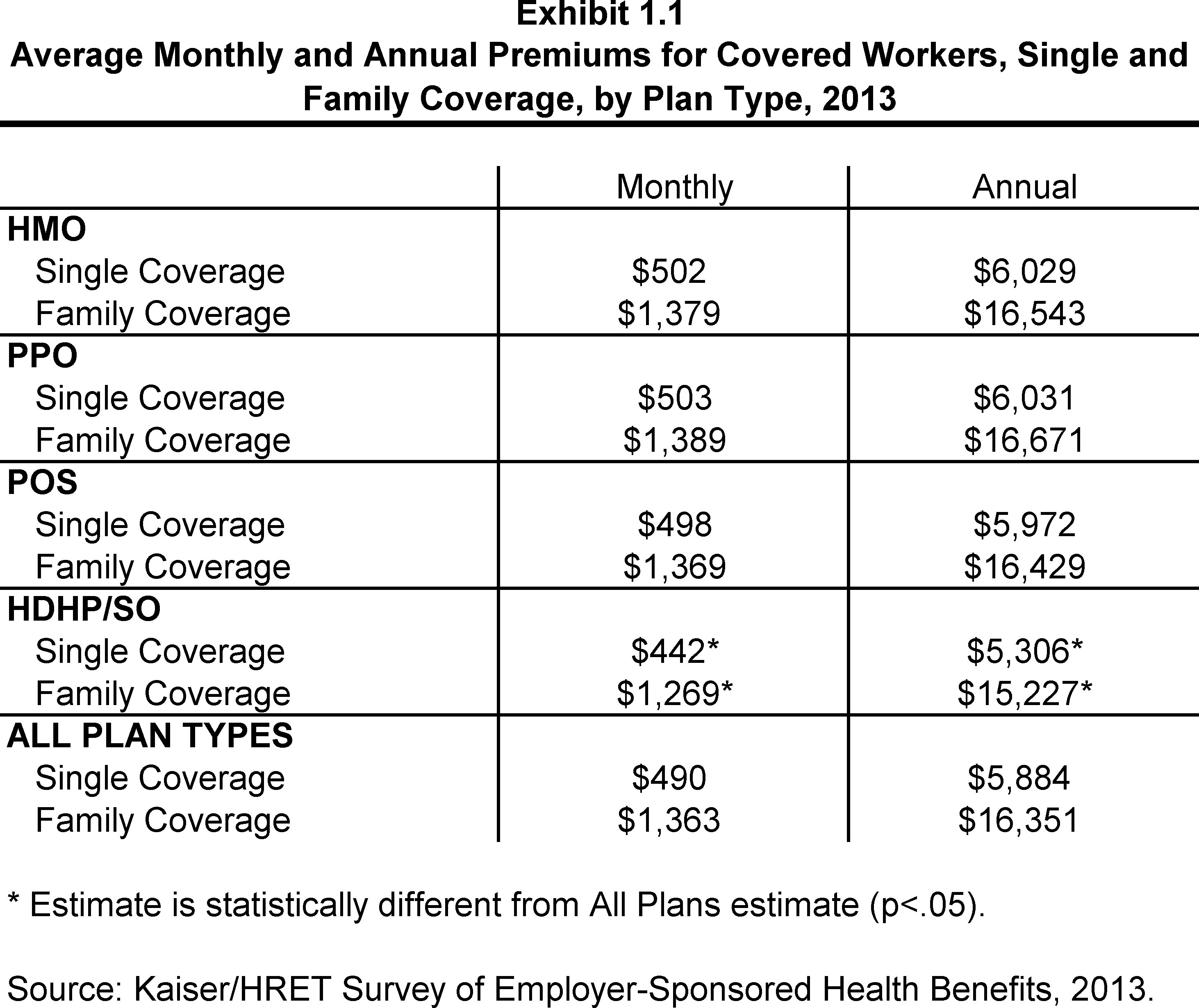damage to structures or pieces. extra building or repair costs to satisfy regional structure codes. additional building and construction costs if your policy does not pay enough to rebuild your home. mold removal. damage from earthquakes. Many policies won't pay for damages or injuries that occur during short-term rentals. If you rent out your home for short-term lodging, ask your insurance coverage agent if you're covered. You might need to purchase more protection. If you're a visitor in a short-term leasing, your homeowners or occupants policy may cover you if you damage a host's property. Ask your insurance agent prior to you rent. If you're leasing through an app or website that provides insurance protection, ask your agent if you need it.
Occupants insurance coverage won't pay to repair your home or house building. The structure owner's policy does that. You might not require occupants insurance if you're still a reliant. Your moms and dads' homeowners policy may cover your home, even if you're not living in your home. covers your residential or commercial property and the interior of your unit. It likewise provides liability defense and pays additional living expenses. can either cover the exterior and interior of your townhouse, or just the interior. The distinction depends on whether the homeowners association has a master policy that covers the outside. If it does, you can purchase a policy that covers just the interior.
Townhouse insurance also covers your personal effects and provides liability and extra living expenses protection. covers the mobile house, your personal effects, and additional Check out here living expenditures. It likewise offers liability protection. is for homes outside city limits on land used for farming and raising livestock. Enjoy: What to check before restoring your home insurance Texas law requires insurance business to charge rates that are fair, sensible, and adequate for the dangers they cover. We do not approve rates ahead of time, but if we find that an insurer's rates are too expensive, we can need it to pay refunds to individuals it overcharged.
The Best Strategy To Use For What Is Insurance
Insurer use a procedure called underwriting to decide whether to sell you a policy and just how much to charge you. The amount you spend for insurance coverage is called a premium - What does liability insurance cover. Each company's underwriting rules are various. This implies one company may be ready to sell you a policy, even if another business isn't. It likewise implies that various business charge different rates. Most companies consider these things when selecting your premium: Companies can't turn you down simply because of your home's age or worth, however they can charge you more. Houses with higher replacement costs have greater premiums.
They're lower for homes built of brick or stone. Premiums are higher in areas that have more storms or crime. Premiums are lower for houses that are close to station house. Your premiums might be greater if you've had claims in the past. Some business use your credit report to choose what to charge you. Your premiums will be lower if you have great credit. A business can't turn you down based only on your credit, nevertheless. To learn which business use credit rating, visit Help, Guarantee. com. Find out more: How your credit rating can affect your insurance rates Many companies utilize the Comprehensive Loss Underwriting Exchange (CLUE) to learn your claims history.

A business can charge you more or refuse to sell you a policy based upon the info in your IDEA report. Business can report information to HINT only if you filed a claim (Who owns progressive insurance). You can challenge wrong information. You can get a free copy of the report each year. Call Lexis, Nexis at 866-312-8076. Discover more: How to get an IDEA about your claims history An insurance provider may not: turn you down or charge you more since of your race, color, religious beliefs, or national origin. turn you down or charge more due to the fact that of your age, gender, marital status, geographic place, or disability unless the company can reveal that you're a greater danger for a loss than other individuals it wants to insure.
Excitement About What Does Gap Insurance Cover
turn you down or charge you more only because of your credit score. Discounts assist lower your premium. Each business decides what discounts to use and the amount of the discount. You might be able to get a discount rate if you have: a burglar alarm. a smoke alarm or lawn sprinkler. an impact-resistant roofing system. a newer house or a house in excellent condition. other policies with the exact same insurance coverage business (What is umbrella insurance). no claims for three years in a row. Visit Aid, Guarantee. com to discover out what discount rates companies provide. A business might charge you more or may not sell you insurance coverage if your house appears susceptible to crime.
Install an alarm system that calls cops or a security business. Remove hiding locations for burglars and vandals. Keep trees and shrubs cut, specifically around windows and doors. Do not park vehicles on the street. Parking area on the street are appealing targets for thieves and vandals. Do not leave your garage door open, even more info if you're at house. It just takes a minute for burglars to get things from your garage and leave without your noticing. Switch on outside lights at night or put outside lights on timers. Write a recognition number on your residential or commercial property to assist identify products if they're stolen.
Business might charge you Additional info more or decline to guarantee you based on what they see. To enhance your home's security and appearance: Replace decomposing boards, drooping screens, and other damage. Fix cracks in pathways, loose railings, irregular actions, and other things that might cause a mishap. Replace a harmed or worn roofing. Keep your lawn, trees, and shrubs tidy and trimmed. Eliminate tree limbs hanging over your house. Repaint if your paint is peeling or faded. If you ask, a company must inform you in composing why it turned you down or didn't restore your policy. You might grumble to us if you think a business incorrectly rejected, canceled, or nonrenewed your policy.
4 Easy Facts About What Is Sr22 Insurance Shown

A company needs to give you 10 days' notification prior to it cancels your policy. A company may cancel your policy in the very first 60 days if: it learns more about a danger you didn't inform it about which wasn't part of a previous claim. it doesn't accept a copy of a necessary assessment report before the policy begins. An insurance provider might cancel your policy anytime if: you stop paying your premiums. you file a deceptive claim. continuing the policy violates the law. there's an increase in danger within your control that would raise your premium. If either you or the company cancels your policy, the business must refund any unearned premium to you within 15 days after the date of the cancellation.